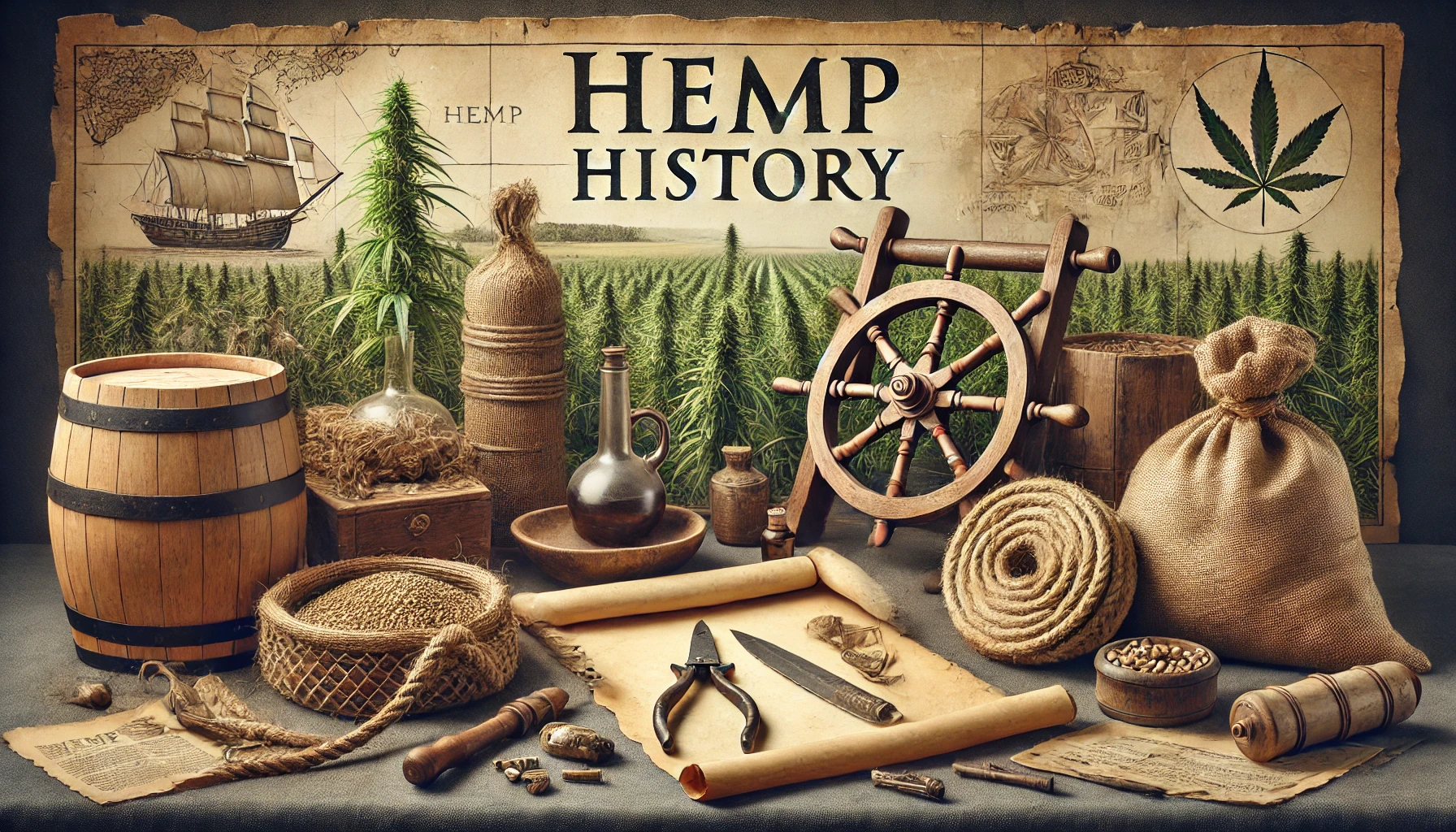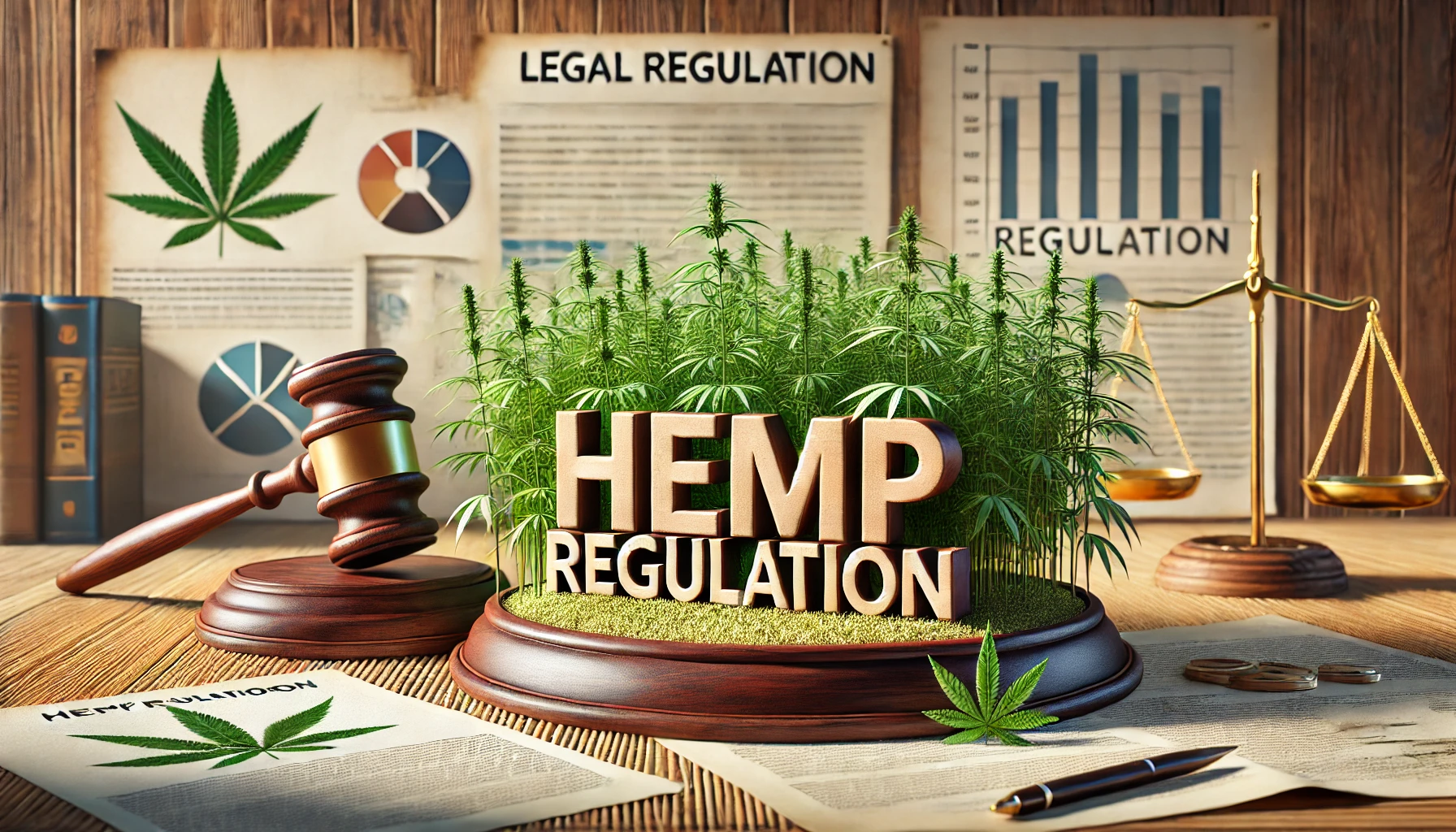Hemp History
Hemp is a timeless crop that has shaped industries, cultures, and sustainability for centuries
- Hundredpercent

The Rich Legacy of Hemp Through Time
Hemp has been an essential resource throughout human history, influencing cultures and economies across the globe. Known for its versatility, hemp was one of the earliest plants to be cultivated by mankind, providing materials for food, textiles, and tools for thousands of years. Today, it is celebrated as a sustainable solution, but its historical significance goes far beyond modern eco-consciousness.
The use of hemp dates back to ancient civilizations. In China, hemp was cultivated as early as 2800 BCE for making paper, ropes, and fabrics. The plant’s durable fibers were crucial for producing items like sails, essential to early sea exploration. Hemp’s role expanded with the ancient Egyptians, who used it in their medical practices, and in Europe, where it became a major crop for producing rope and canvas for ships during the Age of Exploration.
In the Americas, hemp was introduced by early settlers and played a vital role in the colonial economy. Founding fathers like George Washington and Thomas Jefferson grew hemp on their estates, recognizing its importance in making cloth, paper, and other everyday items. Hemp’s industrial use continued to grow until the early 20th century when legal restrictions limited its cultivation.
Despite periods of decline, hemp is experiencing a renaissance in the 21st century. As environmental concerns grow, hemp is once again valued for its sustainability, offering eco-friendly alternatives to cotton, plastic, and even paper. Its ability to grow quickly, without the need for harmful chemicals, positions it as a key player in the future of sustainable industries.
The rich history of hemp is a testament to its enduring utility and its potential to lead the way into a greener future. From ancient civilizations to modern innovation, hemp continues to stand the test of time.



